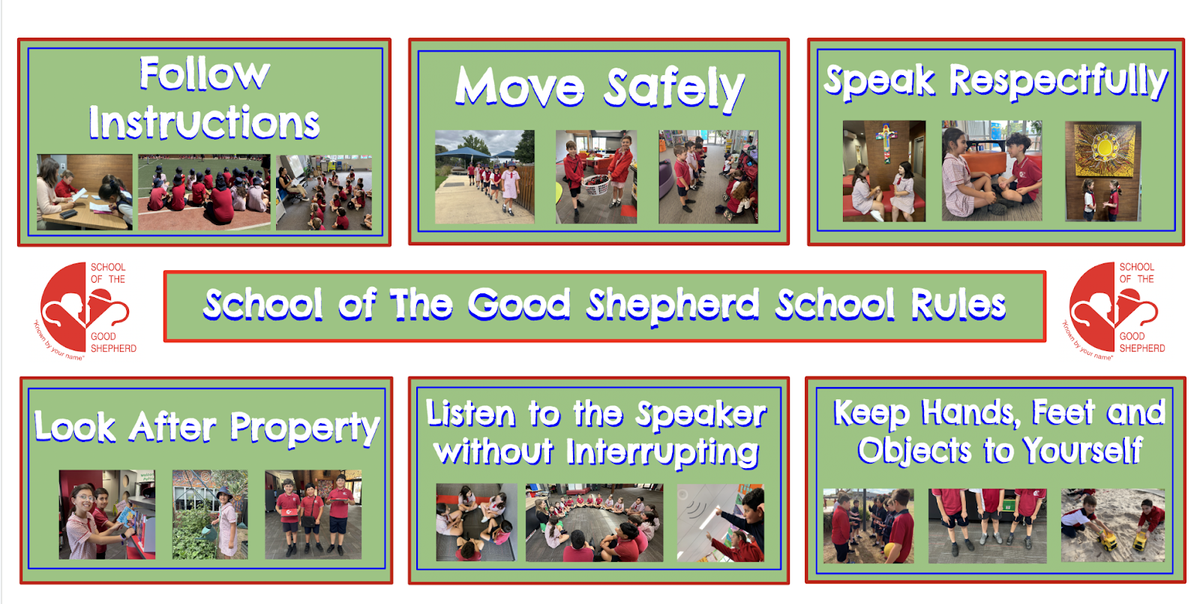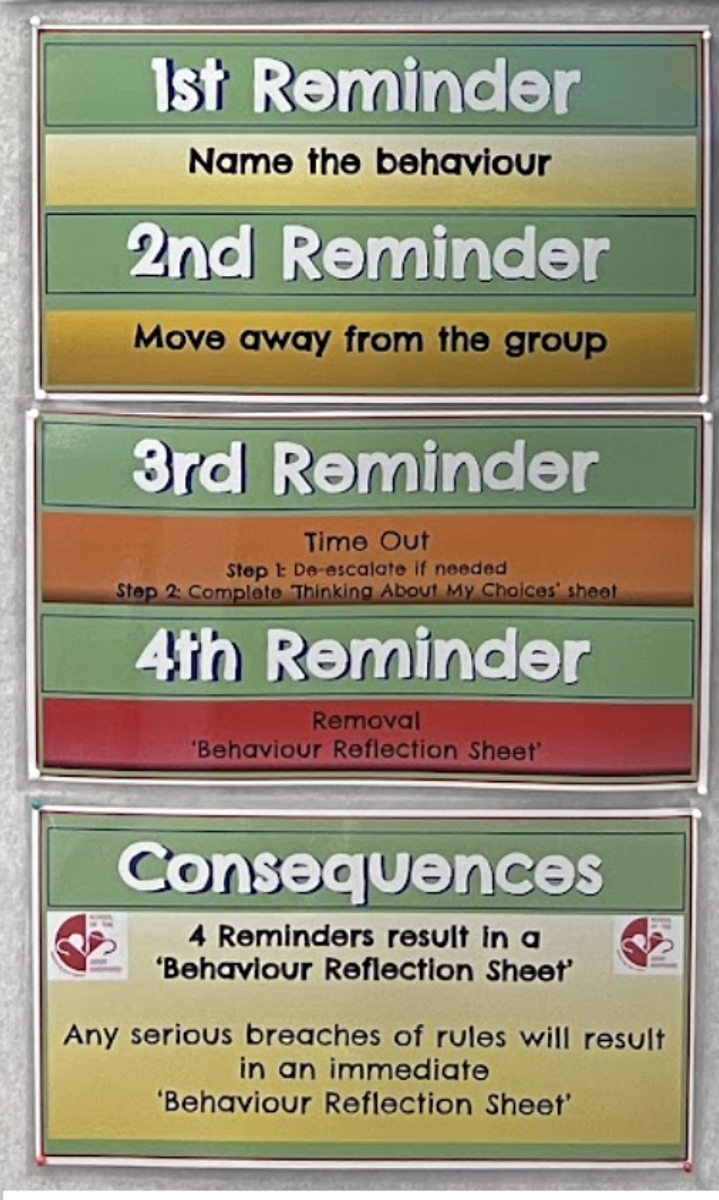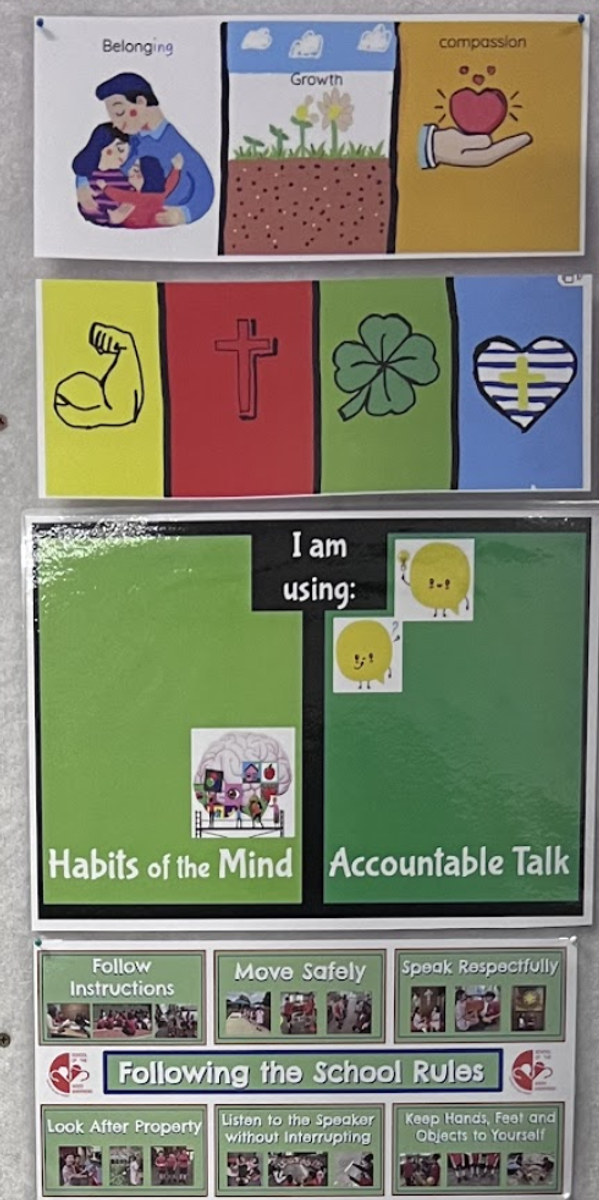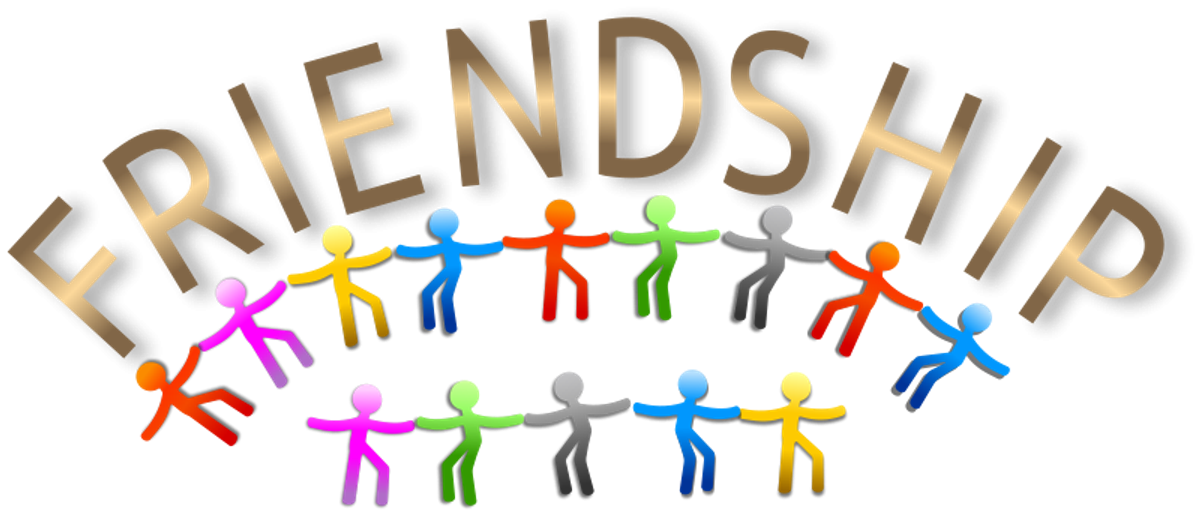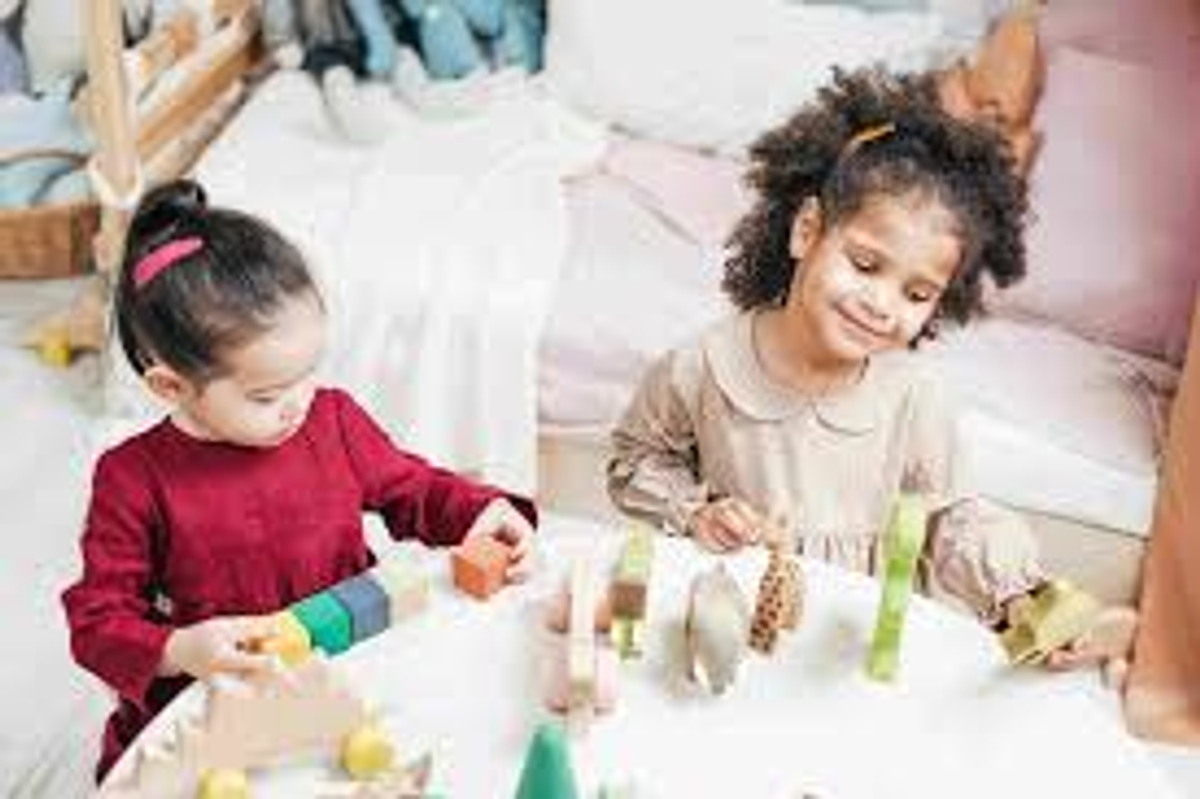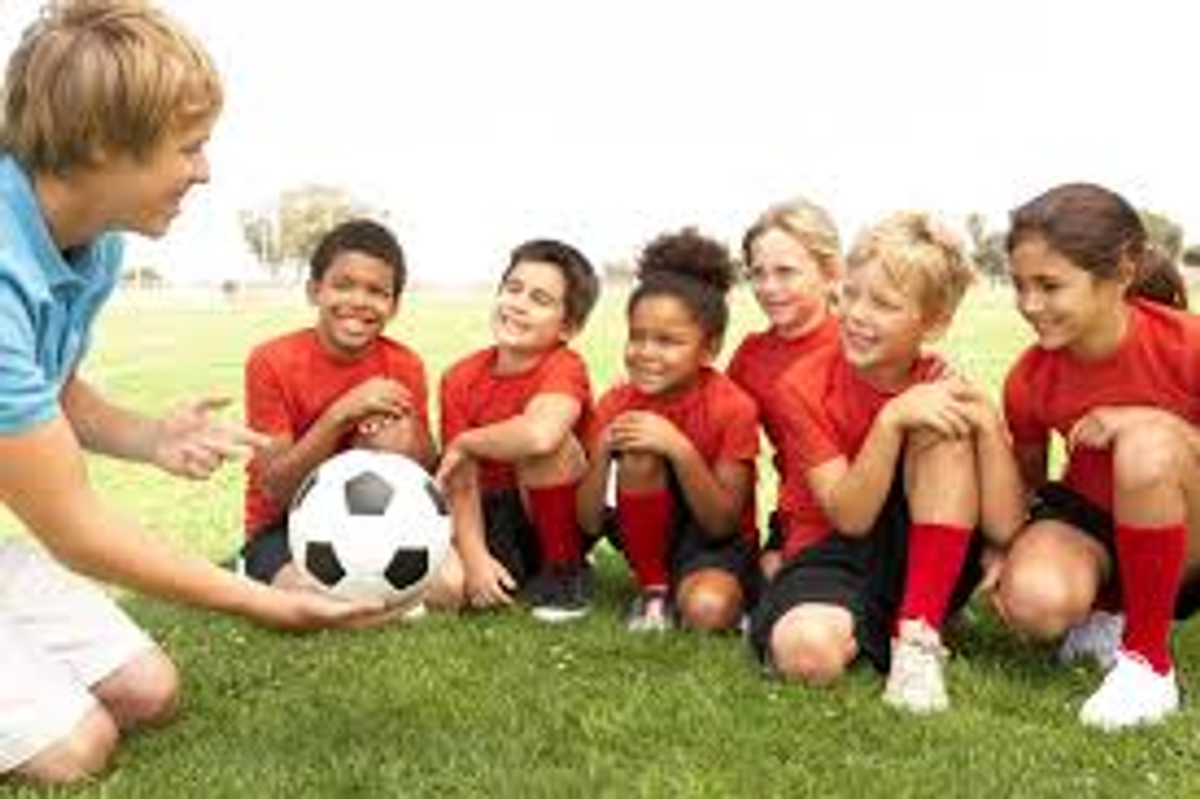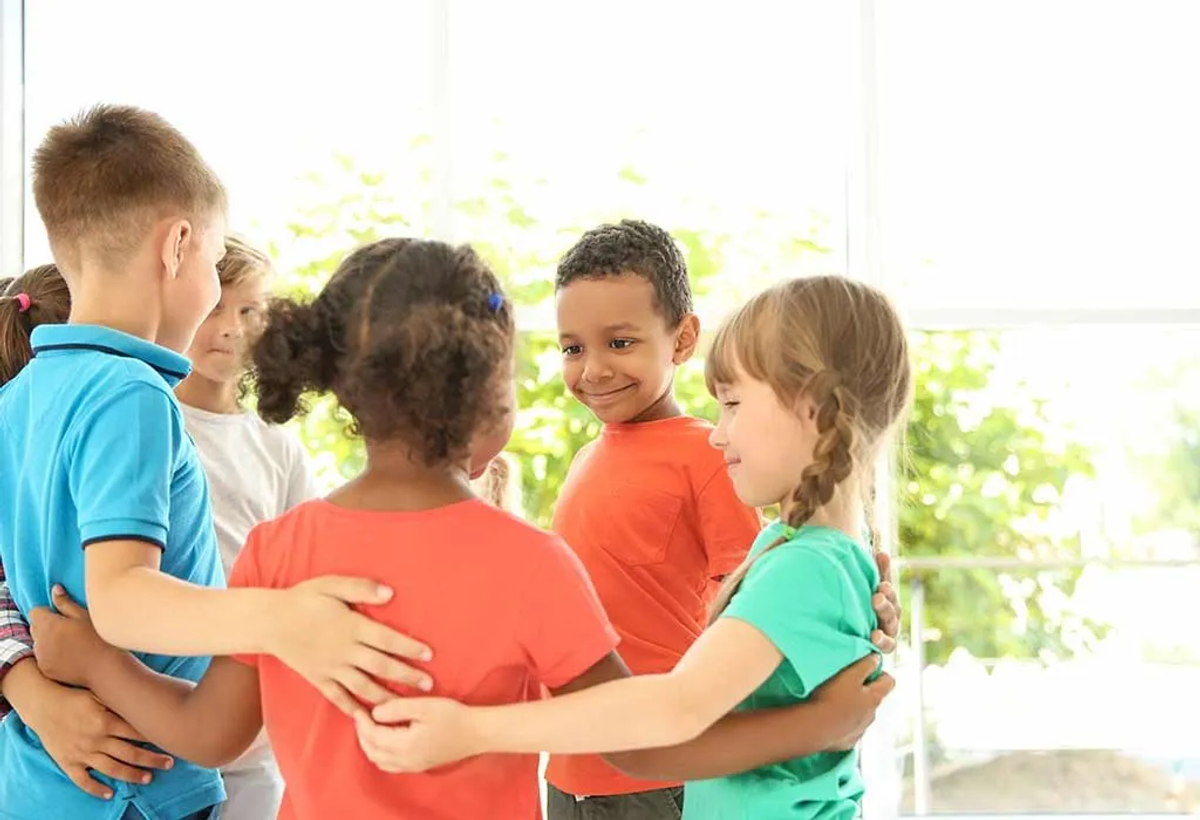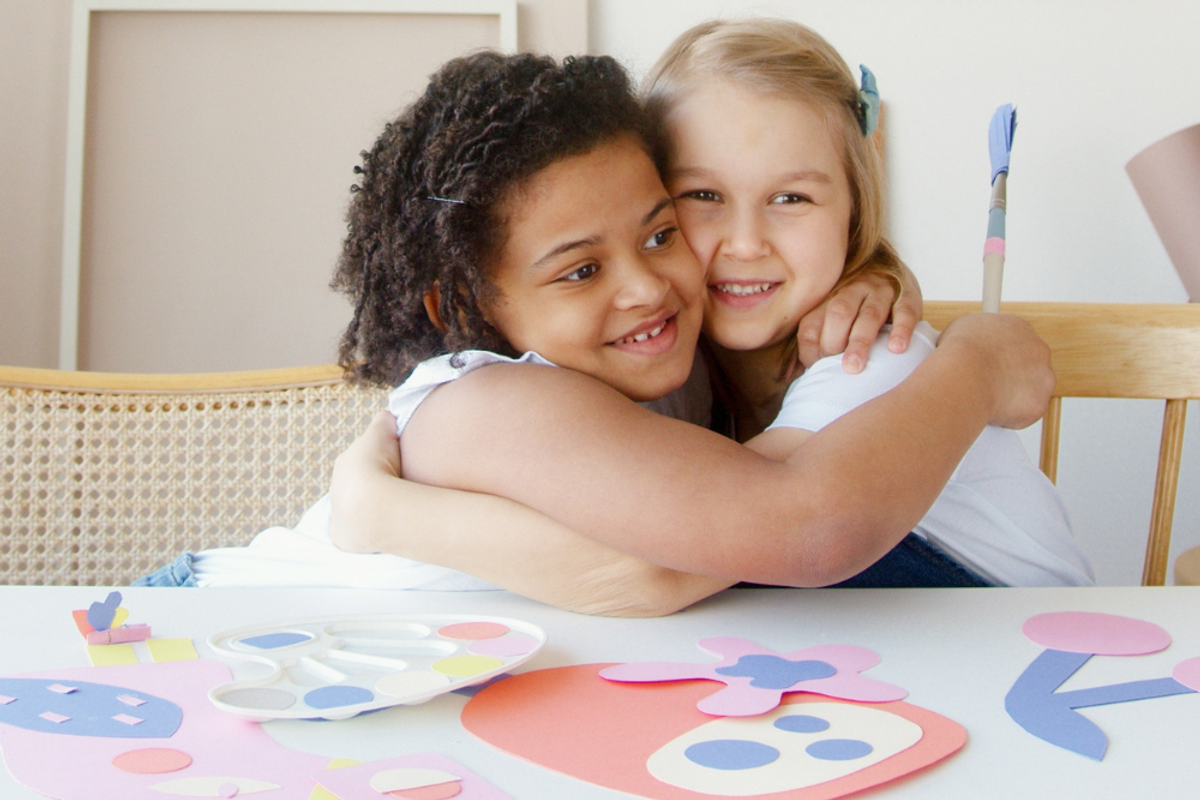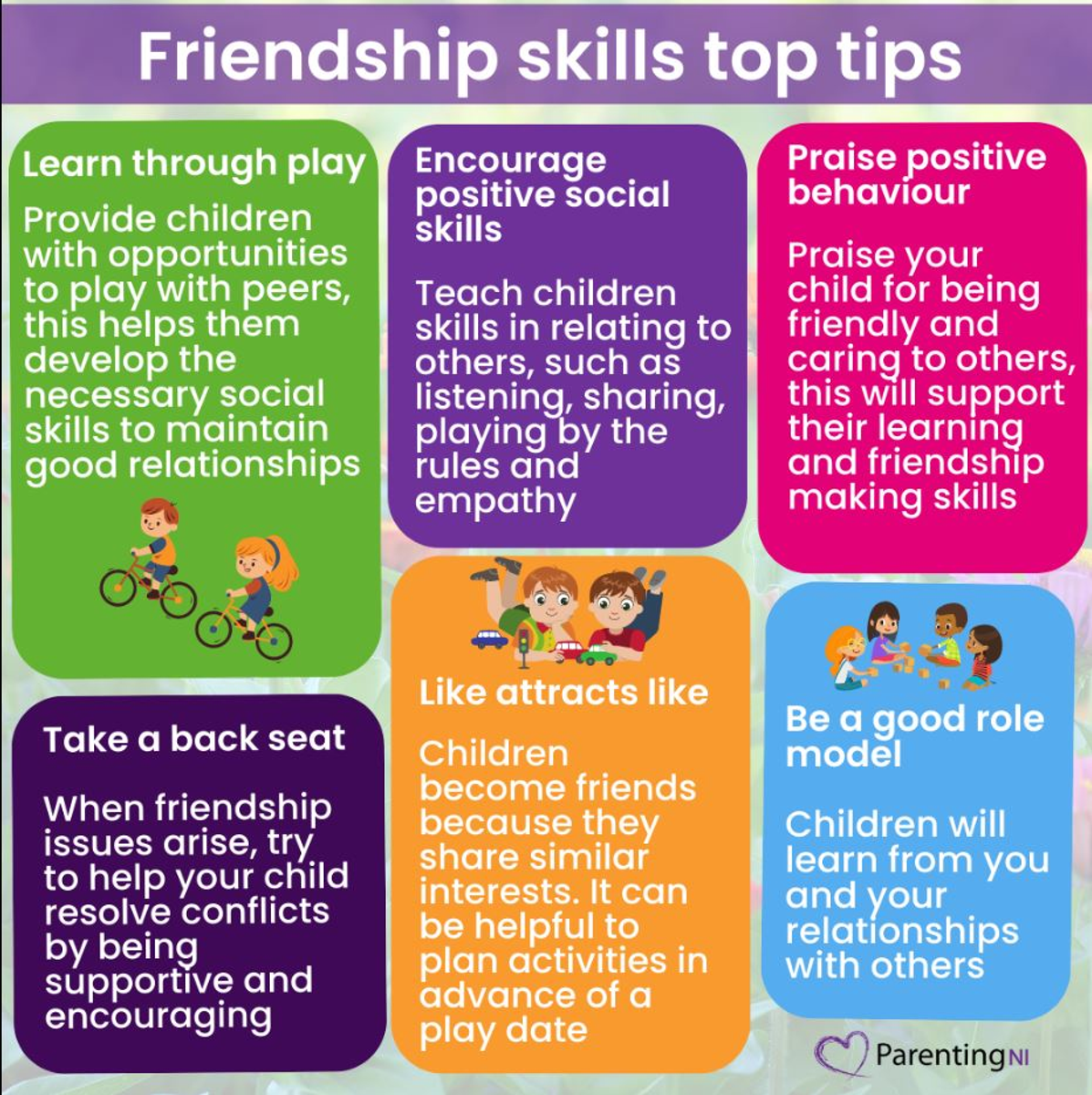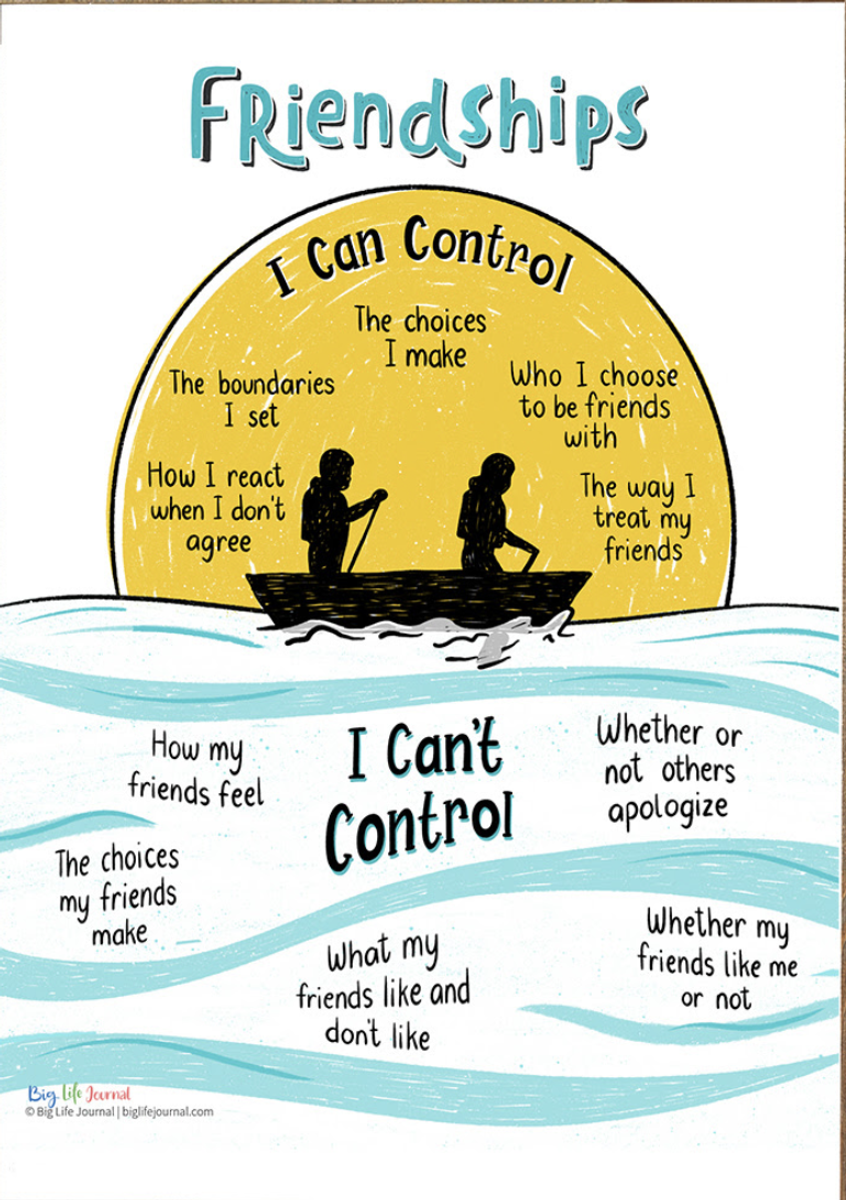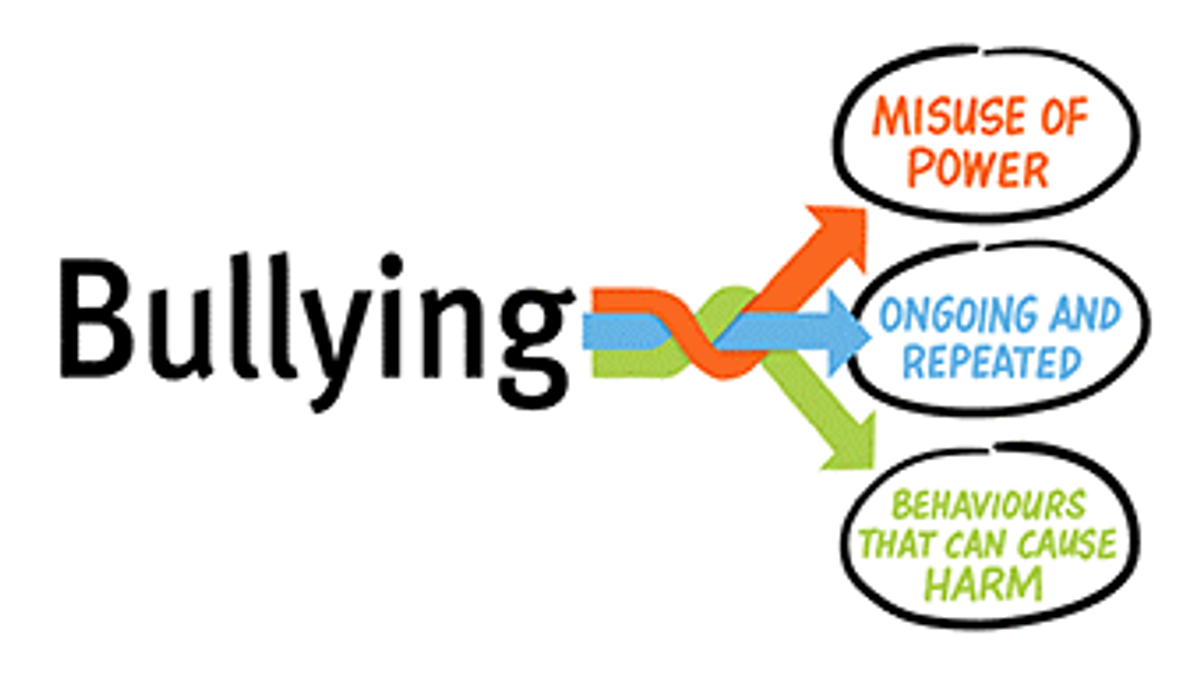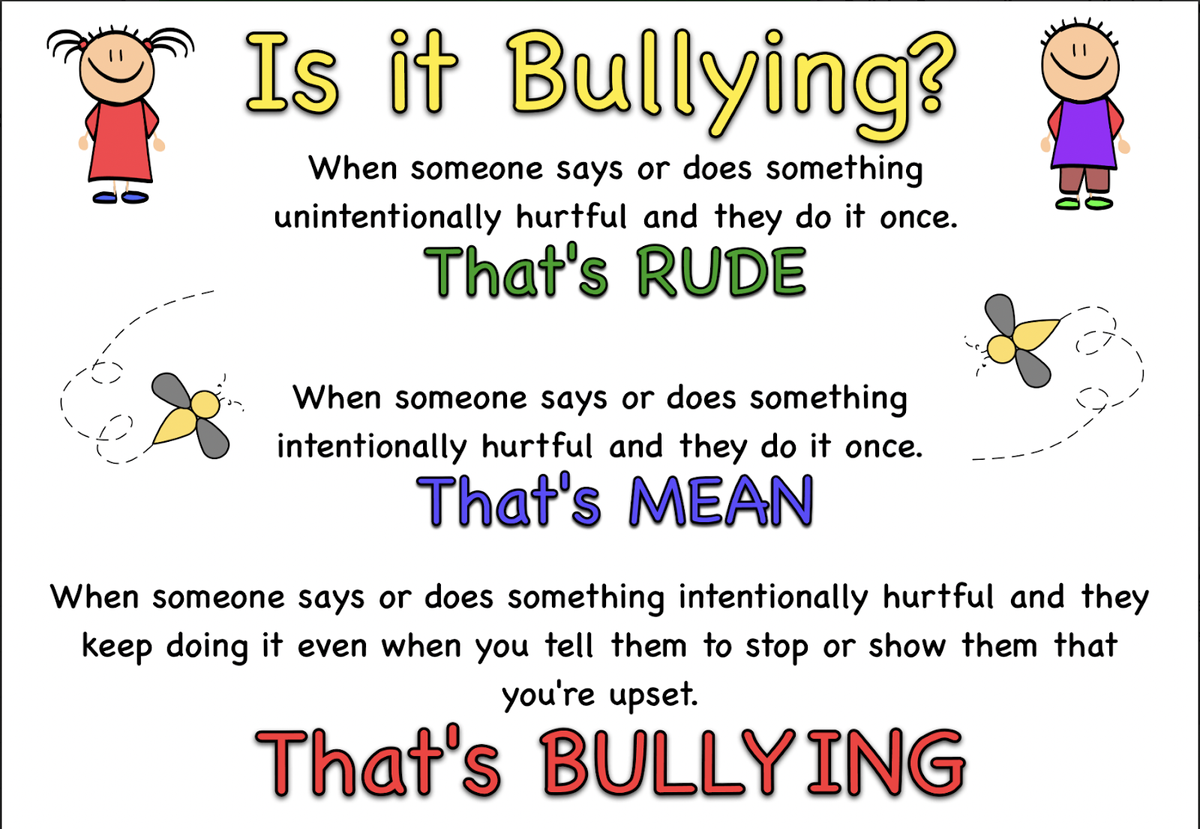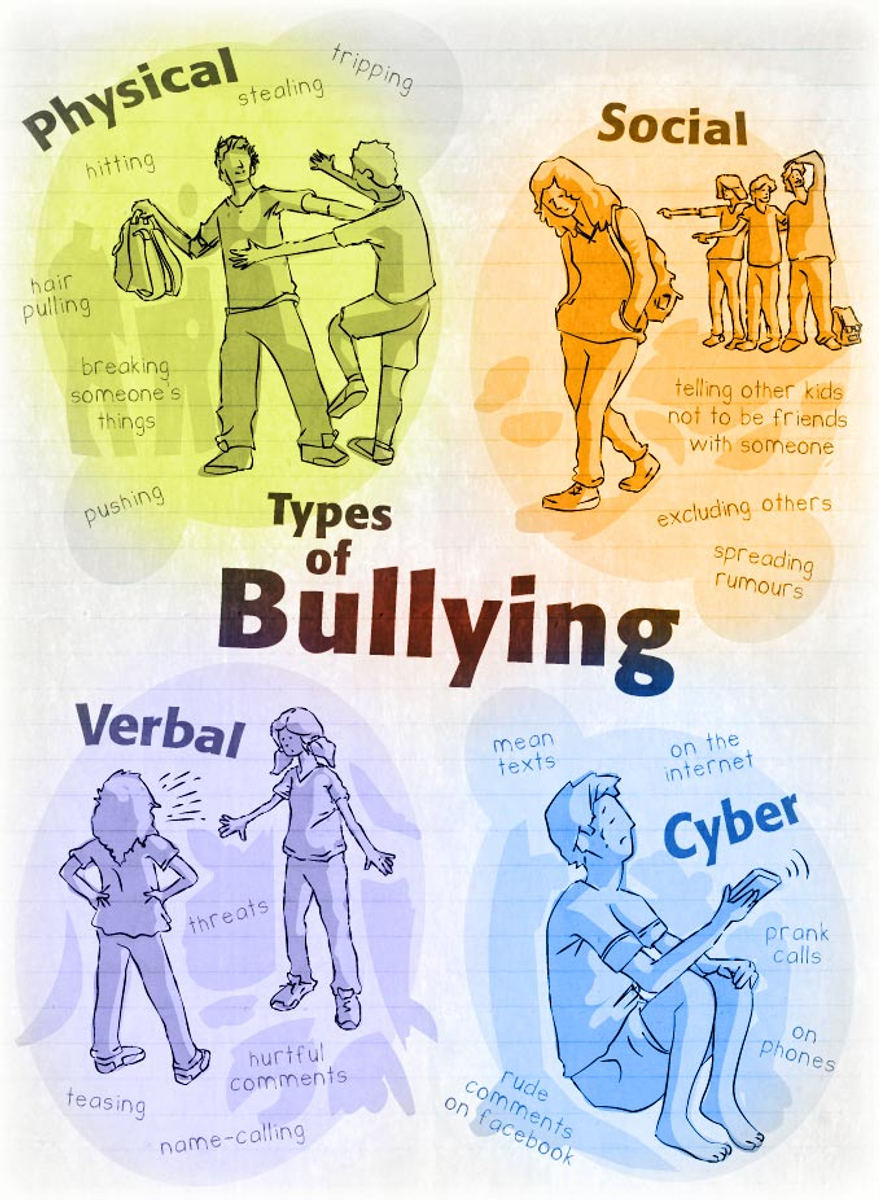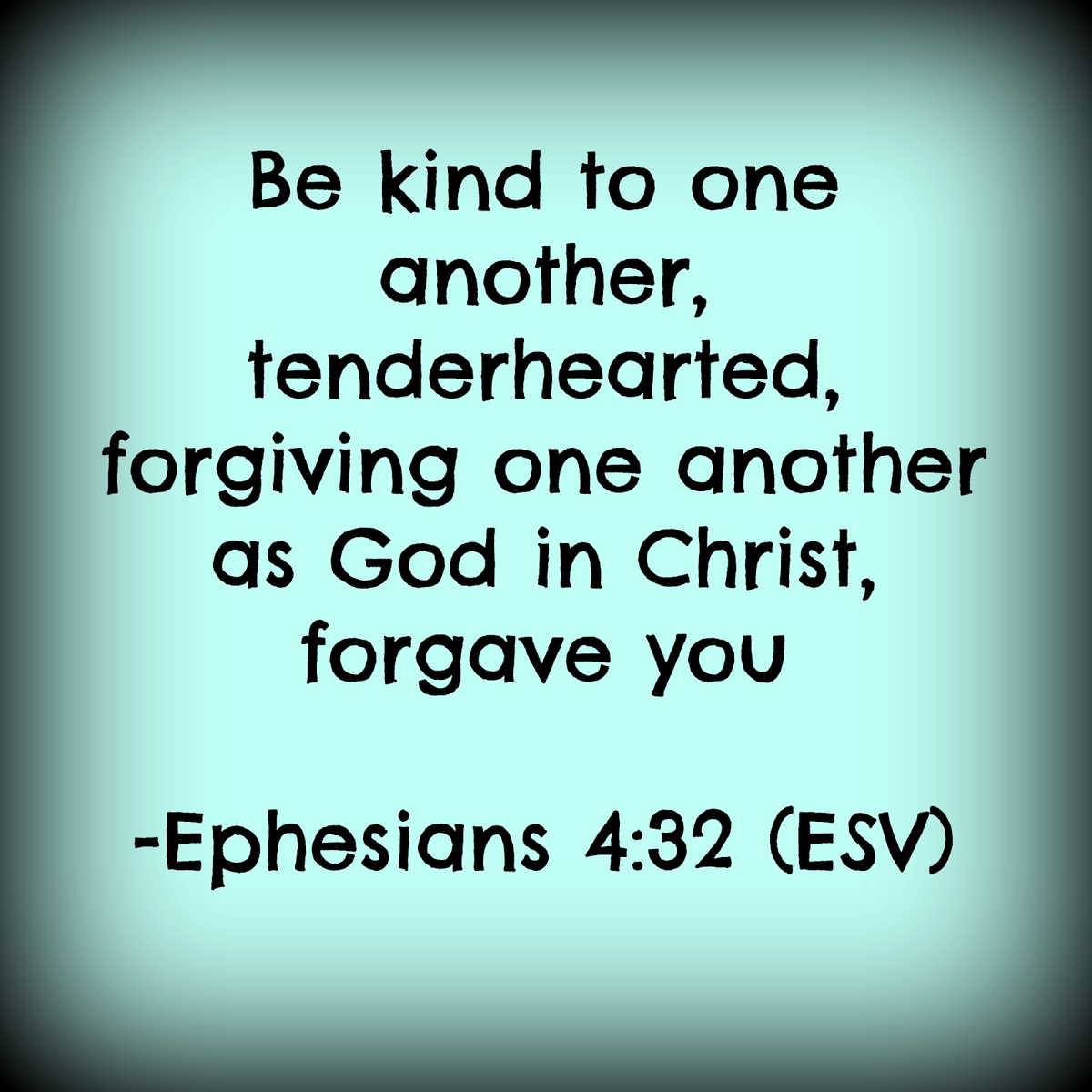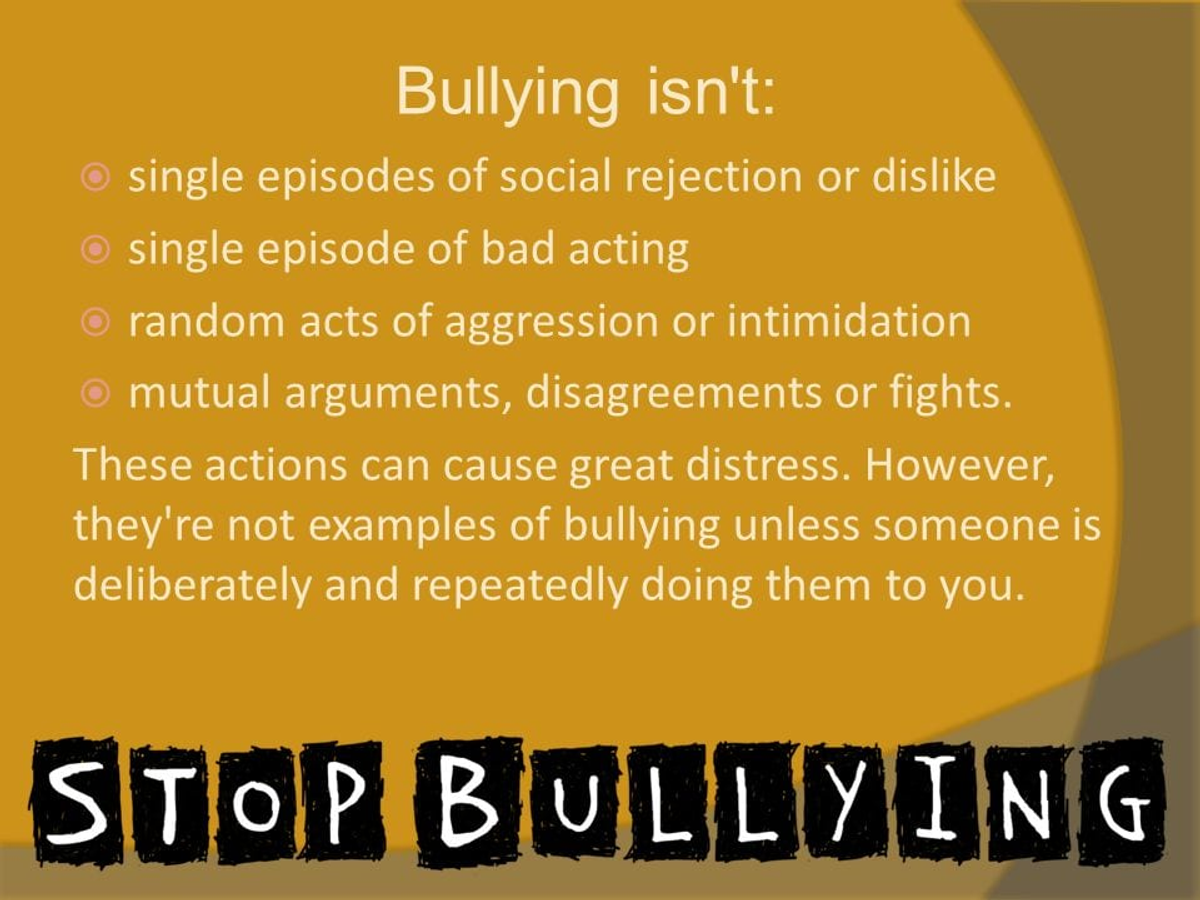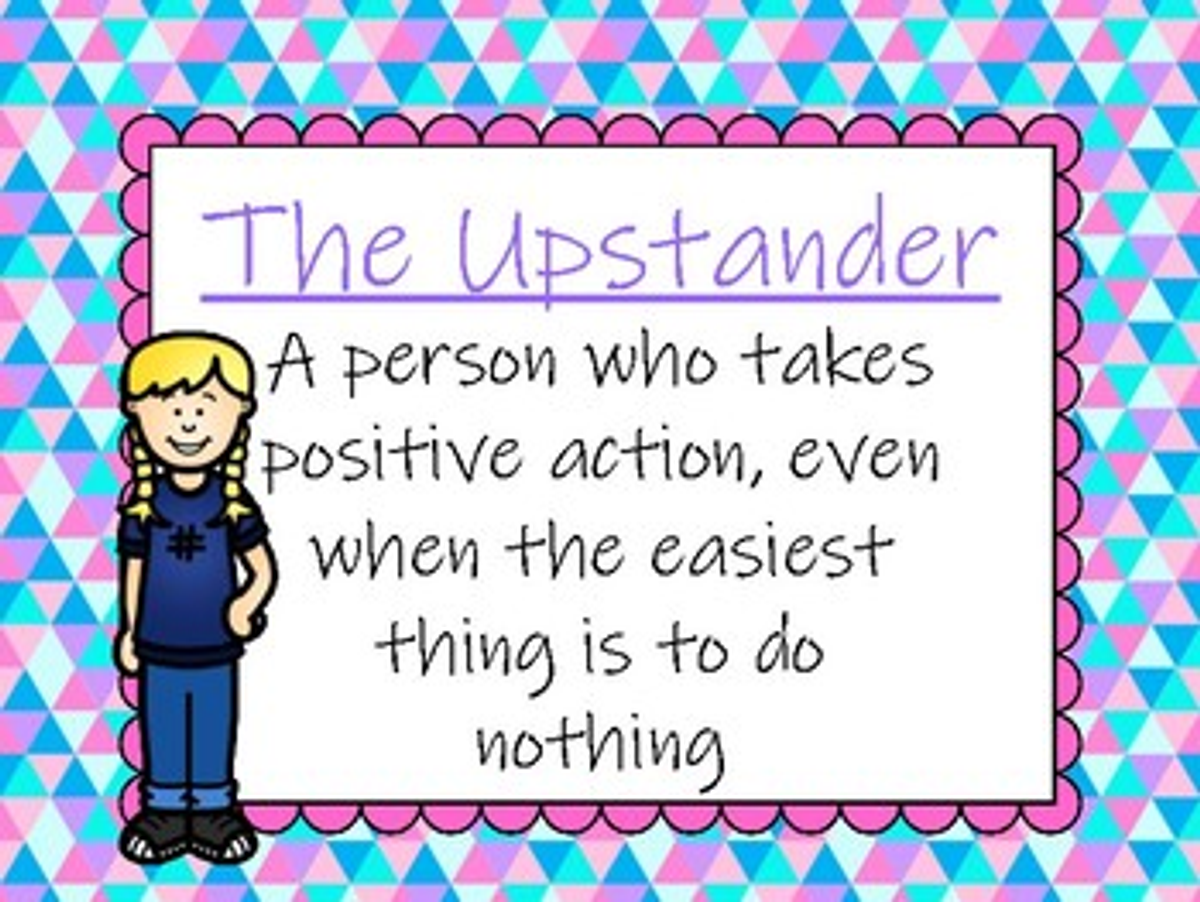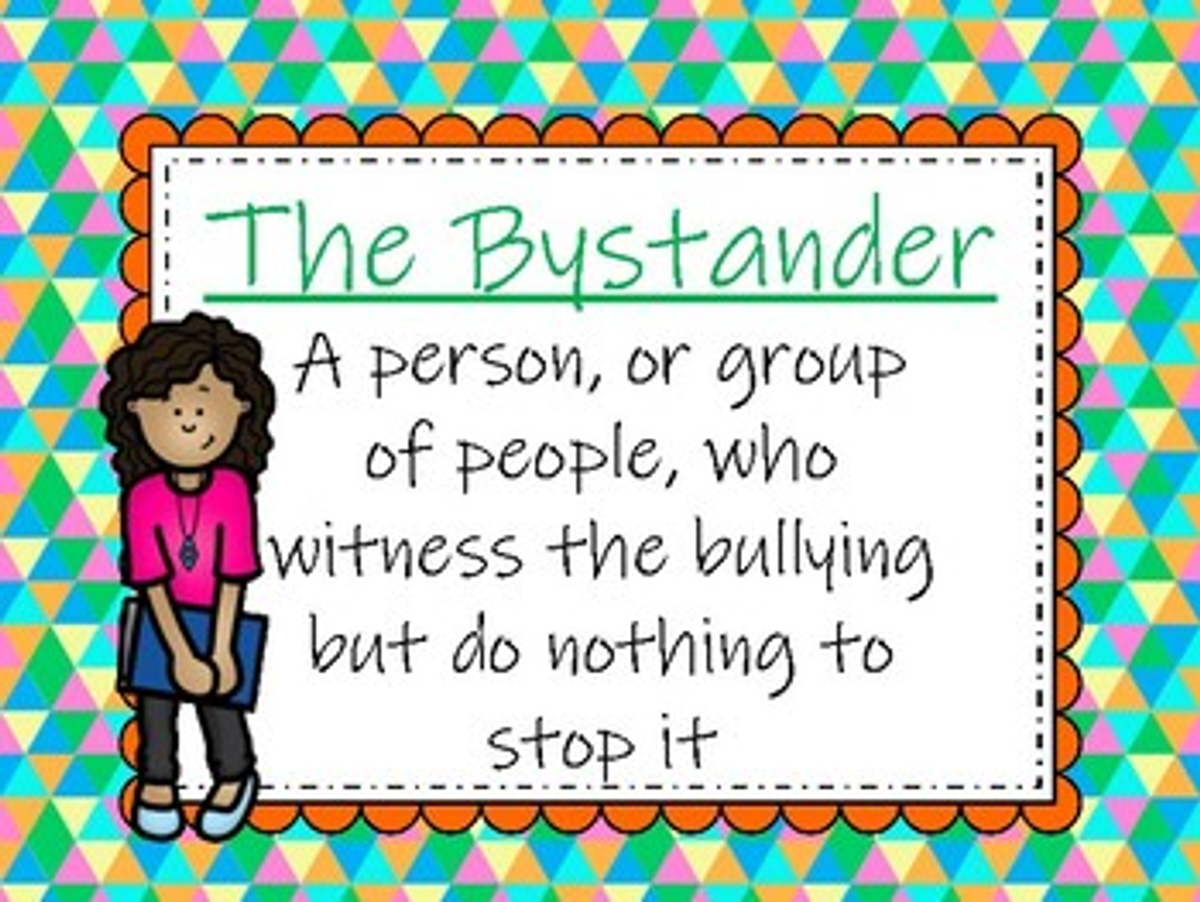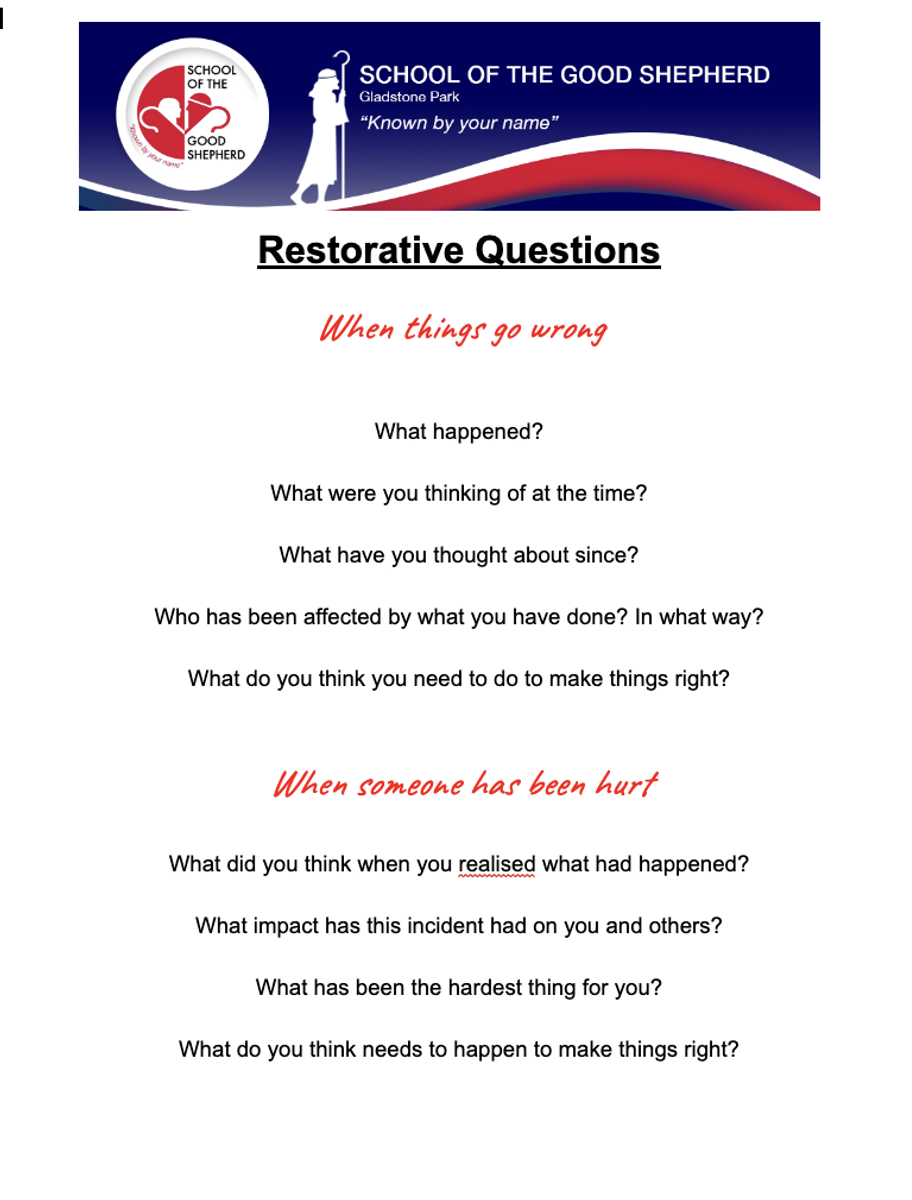Revised Positive Relationships Behaviour Management
**School Rules / Reminder Process / Shepherd Shoutouts**
At School of The Good Shepherd we believe an effective Student Behaviour Policy and building of Positive Relationships Behaviour Management Policy contributes to creating a safe and harmonious culture aligned with our Gospel values of Belonging, Hope and Growth. At the beginning of the year, staff and students were introduced to our revised School Rules(see above). You are invited to familiarise yourself with the changes and discuss them with your children.
School Rules
In Term 1, we embraced student agency/voice in the following ways:
- Each class familiarised themselves with the changes (colour/wording/images),
- The six rules were unpacked and used as a foundation to create class charters. A class charter is a set of promises and guidelines that children and teachers have all agreed on for the classroom. They are created to help children understand that they have certain rights for themselves, others and the environment in the classroom and at school. These rights are important, as they help to keep them safe, happy and respected in line with our school vision.
Reminder Process & Restorative Discussions
Our ‘Warnings’ process has also been updated to a ‘Reminder’ process. Students are given ‘Reminders’ when they make poor choices that do not align with the school rules, and/or their class charter.
Each ‘Reminder’ is an opportunity for students to reflect on their poor choices and consider/discuss what they can do better and need to work on to ensure they are respectful to themselves, others and the environment.
If a student receives a fourth ‘Reminder’, a ‘Behaviour Sheet’ is completed and a Restorative chat is held between the student and a school leader.
Restorative chats are a process where:
- Students are supported objectively in discussions to reflect on their behaviours and choices aligned with our School Rules.
- Teachers support students to check into the Emotional Zone they are experiencing and strategies are discussed to help them to regulate their emotions and physical responses.
- The discussion also unpacks strategies that can be used to avoid a repeat of behaviours, offering the students a space to unpack and continue working on building ‘the best versions of themselves’.
- Restorative Practices are beneficial in offering a series of questions that can be used both at school and at home when children need support to self-reflect and hold themselves accountable.
Shepherd Shoutouts
We are proud to announce our latest addition to Positive Behaviour Policy is ‘Shepherd Shoutouts’. When students are caught ‘doing good’, a Shepherd Shoutout is given to them and the child is placed on the corresponding classroom display area similar to the one in this image.
From top to bottom we have:
- Three school values (Belonging/Growth/compassion)
- Four House Values (Courage/Faith/Hope/Love)
- Learning dispositions (Habits of Mind and Accountable Talk)
- Six School Rules
All these items are very closely linked and aligned with each other.
We encourage you to have a chat with your children around how Shepherd Shoutouts are embedded in their class.
Friendships are an important part of childhood and growing up. They build a child’s sense of belonging and significance in their world, make a child feel cared for and cared about, and in turn teach them how to care for others. Healthy friendships play a key role in a child’s emotional growth and their development of important life skills.
Friendships take time
For some children, it takes longer to connect with like-minded peers. We hope that the information below will give you an understanding of where your child is and how friendships are formed.
The 5 stages of children’s friendships
Children’s friendship needs and skills change as they grow. Their ideas about what friendship actually is also changes as they develop. There are 5 stages that children go through as they learn to make and keep friends. The following 5 step framework by Robert Selman is aimed at helping to understand developmental trends in children’s friendships. It is a useful way to look at what’s normal and what’s not within children’s friendships.
The following are key points that highlight the natural progression of children's friendships and the emotional growth that occurs during each stage.
STAGE 1 Friendship: Momentary Playmates: (Approximate ages: 3-7 years)
The Acquaintance Stage
- Children are primarily focused on play and exploration.
- Children are learning about each other and making initial connections.
- Interactions are based on surface-level observable behaviors and shared activities.
- They may engage in parallel play, where they play alongside each other but not necessarily together.
- Friendship is based on proximity and convenience rather than deep emotional connections.
STAGE 2 Friendship: One-Way Assistance: (Approximate ages: 4-9 years)
The Building Stage
- Children start to recognize similarities and differences between themselves and others.
- Friendships start to develop as children spend more time together.
- They begin to engage in cooperative play and start forming small groups.
- Shared interests and activities become more important in forming friendships.
- They begin to share personal information and interests.
- They may engage in simple conversations and begin to learn more about each other's likes and dislikes.
STAGE 3 Friendship: Two-Way Cooperation: (Approximate ages: 6-12 years)
The Consolidation Stage
- Friendships become more stable and predictable.
- Friendships deepen, and children develop a sense of loyalty and trust.
- Children develop a sense of trust and reliability in their friends.
- They rely on each other for support and understanding.
- They start to understand the concept of reciprocity and take turns in activities.
- Friendships may extend beyond the immediate environment, such as to school or community settings.
STAGE 4 Friendship: Mutually Shared Relationships: (Approximate ages: 11-15 years)
The Deepening Stage
- Friendships become more emotionally significant.
- Friendships become more significant and emotionally intimate.
- Children begin to share personal experiences, feelings, and secrets with their friends.
- They develop empathy and provide emotional support to each other during challenging times.
- Friendships become more independent of adult influence, and children may prefer spending time with friends over family members.
STAGE 5 Friendship: Mature Friendship:
(Approximate ages: Adolescence to adulthood)
The Ending Stage
- Friendships may naturally fade due to changes in circumstances or interests.
- Children learn to navigate conflicts and disagreements within friendships.
- They experience the process of saying goodbye and learn important lessons about closure.
- Despite friendships ending, children retain memories and lessons learned from those relationships.
School of The Good Shepherd is a ‘Zero Bullying’ school. The following is provided to offer clarification around what bullying is and isn’t.
It is aimed to provide information that will benefit conversations if your child advises you of disagreements that may occur from time to time.
At SoGS, we use Restorative Practices, Zones of Regulation and Positive Behaviour Management methods to work through incidents that occur.
Students are supported to be Upstanders not Bystanders and are encouraged to speak to a teacher ASAP, if they witness or experience any behaviours that compromise our school rules and fall into the following category of bullying.
We encourage all families to please contact the school if your child reports any incidents impacting them, so that we can troubleshoot in a timely and respectful manner.

